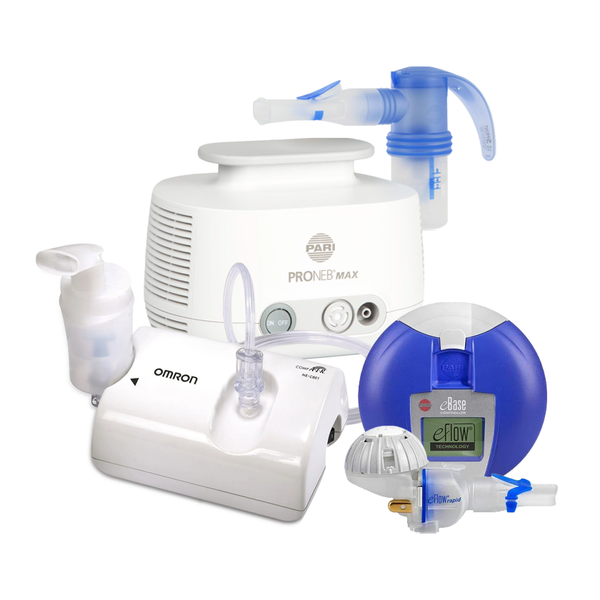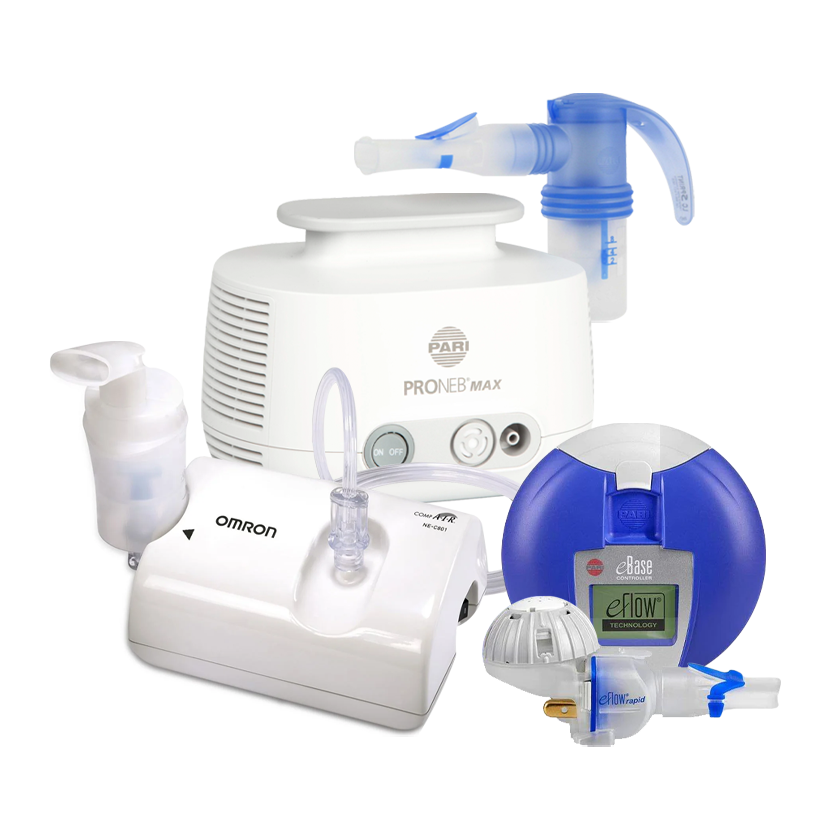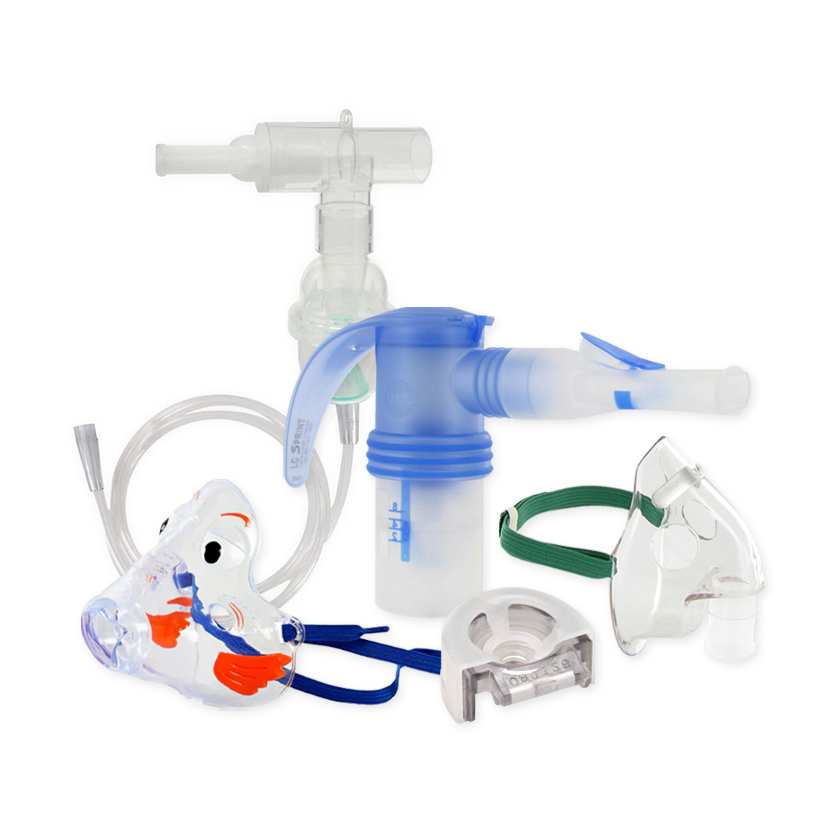Your Cart is Empty
Free Shipping on all orders over $75!
Menu

Free Shipping on all orders over $75!
Nebulizer Systems
Travel Nebulizers
Nebulizer Accessories
Just For Kids
Oxygen Supplies
Investigation Into a New Protein May Lead to Better Asthma Therapies
March 08, 2017 1 min read
A new study from the University of Leicester in the UK is giving scientists a clearer understanding of how a protein called high-mobility group box 1, or HMGB1 for short, plays a pivotal role in asthma.
During an asthma attack, the lining of one’s airways become inflamed, and more mucus is produced, making it harder to breath. HMGB1 is a protein which, among other things, promotes inflammation.
“We have shown that the amount of HMGB1, a protein that can be released in the airways by cells involved in inflammation or by damaged cells, is increased in the mucous from the airways of people with severe asthma,” said Dr. Ruth Sander, the lead author of the new study. “To our knowledge, this is the first study to show a direct effect of HMGB1 on enhancing airway muscle contraction in response to stimuli. The findings of this research bring us a step closer to improved treatments for people with severe asthma.”
It’s currently unclear how the new findings on HMGB1 can be used to create new asthma treatments, but the better scientists understand the disease, the better they’ll be able to fight it.
Asthma affects an estimated 25 million people in the United States alone, and appears to be on the rise. You can protect yourself from this potentially fatal disease by creating an Asthma Action Plan, taking prescribed nebulizer treatments, and always carrying your rescue inhaler.
Subscribe
Sign up to get the latest on sales, new releases and more …

NEW CUSTOMERS SAVE $5 OFF YOUR FIRST PURCHASE OF $20 OR MORE
Code will be sent to email entered if applicable
SIGN UP FOR FUTURE SALES, NEW PRODUCTS AND ANNOUNCEMENTS
{"themeColor":"#061f77","iconColor":"#061f77","showLogo":true,"topBottomPosition":0,"rightLeftPosition":5,"iconSize":"large","iconCustomSize":64,"position":"middle-right"}



